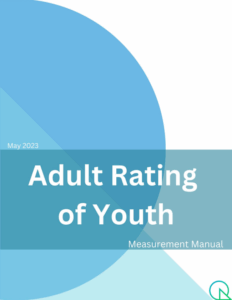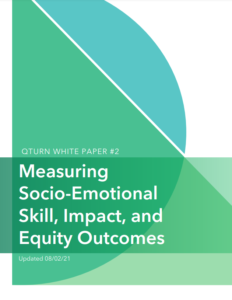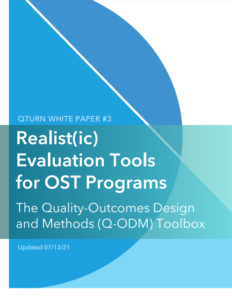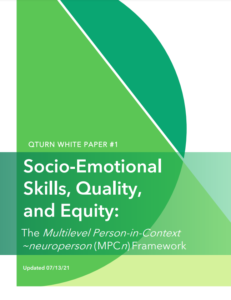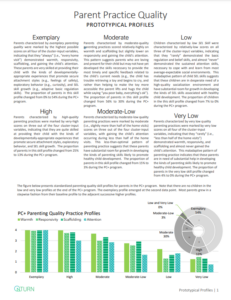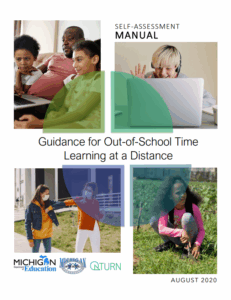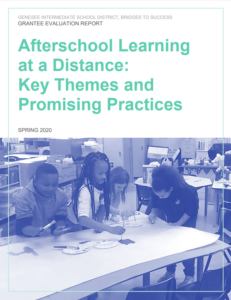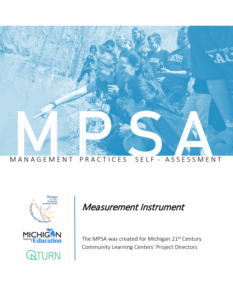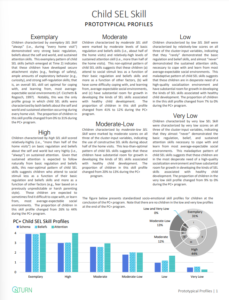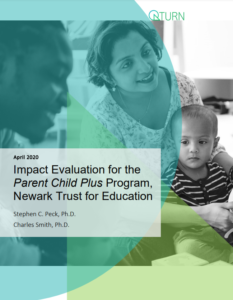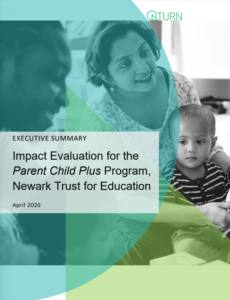FEATURED PUBLICATION
The Multilevel Person in Context ~ neuroperson (MPCn) Model
Guidance for Quality Improvement Systems (QIS) Focused on Socio-Emotional Skill Growth and Transfer Outcomes
In this working paper, QTurn introduces a model for thinking about the development of SEL skills in youth programs. We outline how SEL skills are embedded within the wider context of policy decisions, family background, and program quality. The MPCn model also elucidates how SEL skills are related to short-term youth outcomes and long-term youth achievements, such as graduation and employment.
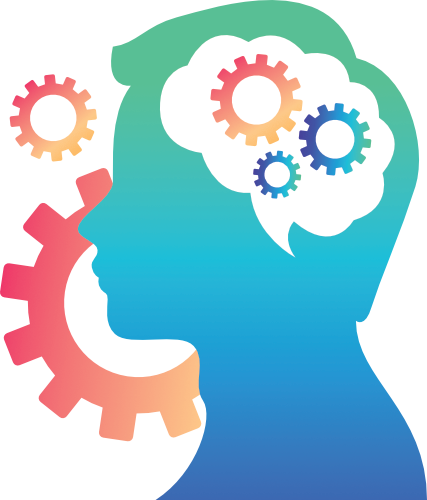
All Publications
Content and materials from the session Youth Voice for Climate Readiness in Schools, on October 13th, 2023 at the Michigan Afterschool Collaborative – Leadership Summit.
The Adult Rating of Youth (ARY) asks staff to rate children’s and youths’ optimal socioemotional behavioral skills based on behaviors displayed during program activities, as observed during several program offering sessions. ARY scores are good indicators of how children and youth are likely to perform in settings where they are well supported. Staff should observe each child or youth for at least four hours of program activities before using the ARY. The ARY can be used as a pre-test for program planning purposes and, also, as a post-test for assessing socio-emotional skill growth.
QTurn’s Teacher Practices Instrument (TPI) is an observational rating measure designed to assess the quality of teacher (or staff) practices in school classrooms or out-of-school time (OST) programs, build a quality-focused organizational culture, develop improvement goals, identify staff training needs, and provide information about how specific aspects of instructional quality relate to specific aspects of children’s socioemotional skill growth. This measurement tool is applicable to all staff delivering school or OST instruction or other learning experiences and is focused on staff practices that are warm, responsive, scaffolded, and encouraging. Each of the 24 items on the TPI describes a staff practice used to promote the socio-emotional skill growth of children.
The Youth Report of Socio-Emotional Skills (YRSS) asks children and youth about mental and behavioral aspects of their socio-emotional skills in general (i.e., beyond the out-of-school time program setting and into environments such as home and school). The YRSS can be used as a pre-test for program planning purposes and, also, as a post-test for assessing socio-emotional skill growth.
We present steps to (a) identify the real objects we seek to represent with measurement and models (i.e., the parts of an individual’s SEL skill set and the type and amount of skill change that is likely to occur during the program) and (b) produce SEL skill indicators and measures that are feasible and valid for both CQI and impact evaluation uses.
The concept of subjective-well-being (SWB) has traditionally been assessed using measures of happiness and satisfaction with life. Most of the measurement instruments developed to assess SWB use several items to assess each of several dimensions.
The Quality-Outcomes Design and Methods (Q-ODM) toolbox holds an integrated set of tools to measure and model children’s SEL skills, including how they change during, and in response to, OST programs (e.g., afterschool, school-age child care, workforce and career preparation, arts, sports).
We introduce a theoretical framework designed to describe the integrated set of mental and behavioral parts and processes (i.e., schemas, beliefs, and awareness) that are socio-emotional skills and that produce both basic and advanced forms of agency. With improved definitions and understanding of SEL skills, and the causes of SEL skill growth, we hope to improve reasoning about programs and policies for socio-emotional supports in any setting where children spend time.
A two-page overview explaining our parent practice measures featured in the client report for Newark Trust for Education.
A program quality assessment for 21st Century Community Learning Centers (21st CCLC) and other community-based programs that transitioned virtual, socially distanced in-person, and blended service models. This manual includes: Tool Introduction, Protocol, Standards and Indicators, FAQ, Promising Practices, Method for Development, and Contributors.
This report describes the experiences and practices of Genesee Intermediate School District: Bridges to Success (GISD) Team Leads and direct staff serving children and families after substantially redesigning afterschool programming due to the COVID-19 crisis.
The Management Practices Self-Assessment (MPSA) is a measurement instrument created to empower Michigan 21st CCLC Project Directors, who manage at least one program site. The MPSA provides Project Directors with the opportunity to check-in with themselves and their team by identifying practices and policies that are well-documented and working well, or that could be updated or improved, and areas where they need additional assistance to reach their full potential.
This two-page information sheet explains youth profiles for SEL skills (low, moderate, and exemplary) as they relate to schemas, beliefs, and attention. Created as a supplement to QTurn’s impact report for the Newark Trust for Education Project (NTE) Parent Child Plus (PC+) program, this overview explains how various measurements are tied to key outcomes.
The Quality-Impact-Equity Design and Methods (QDM) Toolbox was used to: (a) reconfigure existing measures for Parenting Practice Quality and Child SEL Skill to maximize reliability and validity for measuring socio-emotional skills and learning (SEL); (b) produce holistic profiles of parent and child skill at each timepoint; and (c) apply pattern-centered analytics to estimate impact and equity effects of the PC+
program as implemented in Newark.
This Executive Summary was developed to facilitate discussion and decision making. The detailed findings and method are available in the full report, Impact Evaluation for the Parent Child Plus Program, Newark Trust for Education (2020).



